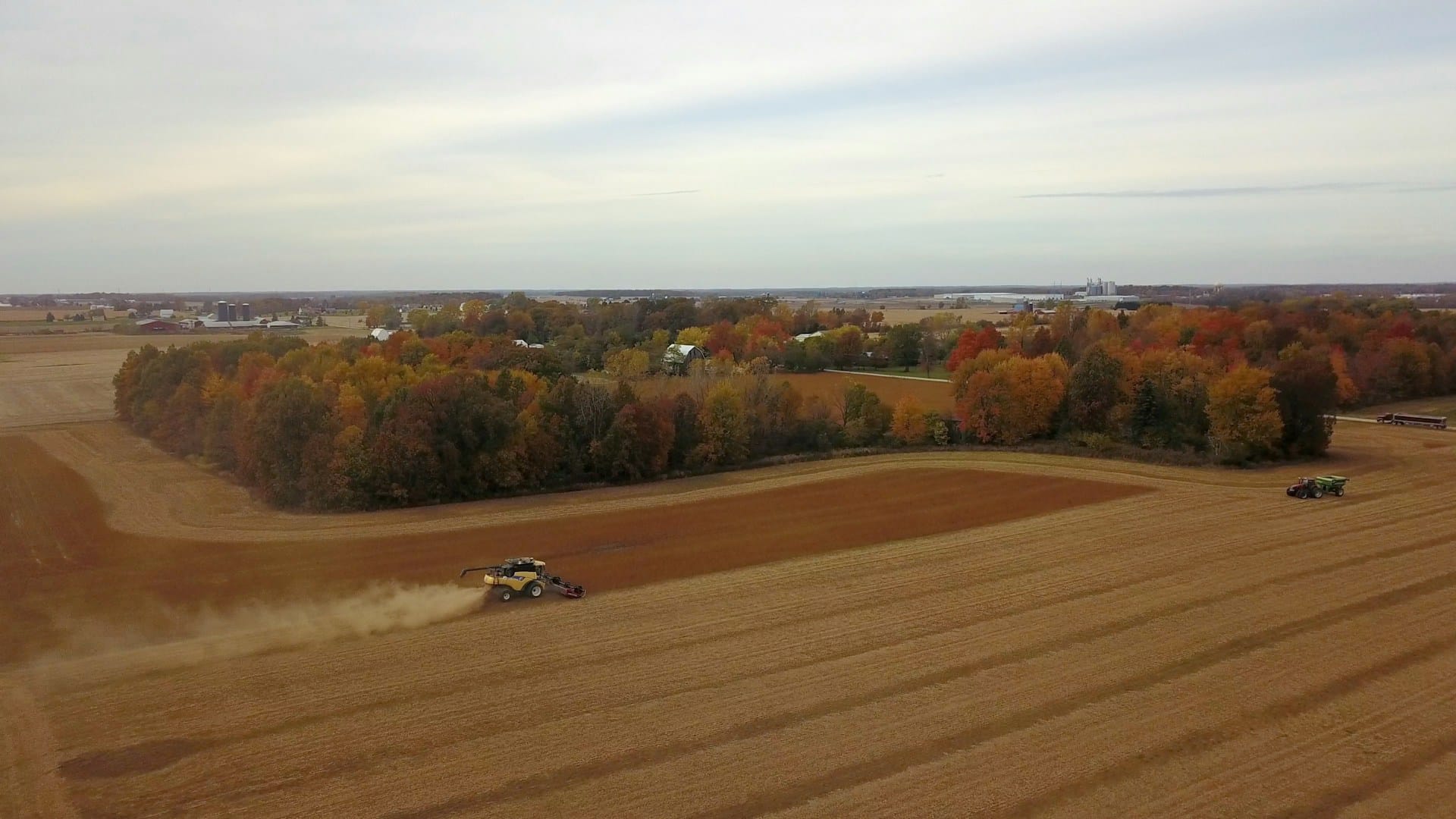Table 1: Types of Feedstocks Subsidized in Bioenergy Program for Advanced Biofuels, 2009 – 2016
| Type of Feedstock | Number of Projects | Pct. of Projects | Total Payments | Pct. of Total | Ave. Payment per Project |
|---|---|---|---|---|---|
| Animal fats, vegetable, canola, or used cooking oil, or a combination | 101 | 30% | $122,906,222 | 45% | $1,216,893 |
| Soybean oil (& animal fats) | 33 | 10% | $82,361,994 | 30% | $2,495,818 |
| Corn (with milo or sorghum) or corn & soy | 27 | 8% | $60,225,920 | 22% | $2,230,590 |
| Wood | 59 | 18% | $5,279,002 | 2% | $89,475 |
| Digesters | 63 | 19% | $1,778,209 | 1% | $28,226 |
| Others/unknown – landfill gas, seed and beverage waste, sorghum | 52 | 16% | $2,883,062 | 1% | $55,443.50 |
| TOTAL | 335 | $275,434,409 |
Table 2: Corn-Based Biofuels Facilities Receiving Advanced Biofuels Payments, 2009-2016
| Facility Name (* facility also produces biodiesel) | State | Feedstock | Total Payments |
|---|---|---|---|
| White Energy, Inc. | TX | corn/milo | $10,623,924 |
| Arkalon Ethanol, LLC | KS | corn/milo | $10,015,914 |
| Western Plains Energy LLC | KS | corn/milo | $8,331,119 |
| Kansas Ethanol, LLC | KS | corn/milo | $5,949,346 |
| Pinal Energy, LLC | AZ | corn | $4,652,688 |
| Prairie Horizon Agri-Energy, LLC | KS | corn/milo | $4,446,288 |
| Levelland/Hockley County Ethanol, LLC (renamed Diamond Ethanol) | TX | corn/milo | $3,393,856 |
| Bonanza Bioenergy, LLC | KS | corn/milo | $3,131,689 |
| Abengoa Bioenergy Corporation | MO | corn/milo | $3,108,385 |
| Chief Ethanol Fuel Inc | NE | corn/milo | $2,308,795 |
| Reeve Agri Energy Inc | KS | corn/milo | $1,728,593 |
| Nesika Energy, LLC | KS | corn | $776,062 |
| Central Indiana Ethanol, LLC. | IN | corn | $506,369 |
| Corn Plus LP | MN | corn | $311,081 |
| Walsh Bio Fuels, LLC | WI | corn | $271,431 |
| Trenton Agri Products LLC | KS | corn/milo | $234,855 |
| Pacific Ethanol Holding Co., LLC | CA | corn | $165,043 |
| Nugen Energy, LLC. | SD | corn | $99,765 |
| East Kansas Agri-Energy LLC | KS | corn | $58,834 |
| Pratt Energy LLC | KS | corn/milo | $34,280 |
| Aventine Renewable Energy | IL | corn | $18,175 |
| Cornhusker Energy Lexington, LLC | NE | corn | $15,795 |
| Chippewa Valley Ethanol Coop LLP | MN | corn | $14,597 |
| Best Biodiesel Cashton, LLC* | WI | corn/soy | $10,487 |
| Kaapa Ethanol, LLC. | NE | corn | $8,693 |
| Maple River Energy, LLC* | IA | corn/soy | $7,845 |
| Quad County Corn Processors Co-Op | IA | corn | $2,011 |
| TOTAL | $60,225,920 |
Table 3: Top 30 Biodiesel Facilities Receiving Advanced Biofuels Payments, 2009-16
| Facility Name | State | Feedstock | Total Payment |
|---|---|---|---|
| Lake Erie Biofuels, LLC. Dba Hero Bx | PA | multi | $17,050,533 |
| Renewable Energy Group, Inc. | IA | canola | $15,903,285 |
| Louis Dreyfus Agricultural Industries, LLC | IN | soy | $13,495,320 |
| High Plains Bioenergy, LLC | OK | animal | $12,121,094 |
| AG Processing Inc. | NE | soy | $12,096,398 |
| Mid-America Biofuels, LLC | MO | soy | $10,758,251 |
| Paseo Cargill Energy, LLC | MO | soy | $9,963,015 |
| Archer Daniels Midland Company | IL | canola | $7,978,060 |
| Rbf Port Neches, LLC | TX | multi | $7,792,780 |
| Deerfield Energy LLC | MO | multi | $7,148,208 |
| Owensboro Grain Company, LLC | KY | soy | $6,466,340 |
| MN Soybean Processors | MN | soy | $6,077,606 |
| Cargill Inc. | MN | soy | $5,771,316 |
| Smarter Fuel, Inc. | PA | cooking oil | $5,202,080 |
| Incobrasa Industries, Ltd. | IL | soy | $5,041,972 |
| FutureFuels Chemical Company | AR | animal/soy | $4,865,974 |
| Imperium Grays Harbor LLC | WA | canola | $4,107,931 |
| Crimson Renewable Energy LP | CA | multi | $3,822,832 |
| E Biofuels LLC | IN | animal/cooking oil | $3,440,667 |
| Western Iowa Energy | IA | multi | $3,127,274 |
| American Biodiesel, Inc. | CA | multi | $2,767,450 |
| Western Dubuque Biodiesel, LLC | IA | canola | $2,655,639 |
| Sequential‐Pacific Biodiesel | OR | cooking oil | $2,648,842 |
| Jatrodiesel, Inc. | OH | multi | $2,144,479 |
| Midwest Biodiesel Product, LLC | IL | soy | $2,033,961 |
| Green Earth Fuels of Houston, LLC | TX | multi | $2,014,734 |
| Scott Petroleum Corporation | MS | multi | $1,787,499 |
| Environmental Energy Recycling Corp. | PA | cooking oil | $1,758,853 |
| Imperial Western Products, Inc. | CA | animal/veg oil | $1,697,335 |
| Iowa Renewable Energy, LLC | IA | animal/veg oil | $1,523,510 |

.png)










Get Social